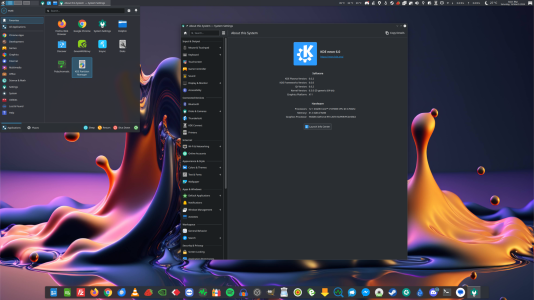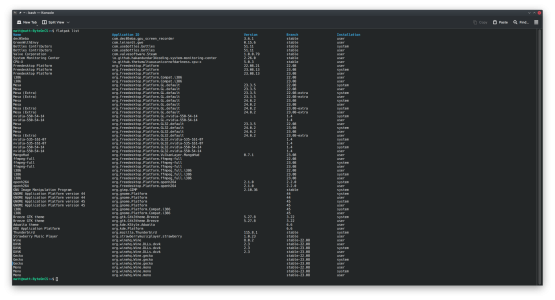Its not a provable number in anyway no. I also don't really care. Sure if Linux hits some magic number maybe more official support form companies such as you say Adobe happens. For the most part though ya if its 2% or 6% or 10% it isn't going to much change my life or the life of most Linux users.I think this is more copium. This is an assumption that Lakados made as well. He's as likely to be correct as he is to be incorrect.
End of the day Valve has ensured Linux is getting some real world gaming support. Which I have no doubt will grow, at some point a deck 2 might give it even a bigger bump. Especially if the Decks desktop mode makes more improvements. As for the adobe type stuffs of the world... eh whatever its not like Linux is really going to be capturing the artist type customers from Apple. MS couldn't really capture them either.
![[H]ard|Forum](/styles/hardforum/xenforo/logo_dark.png)

